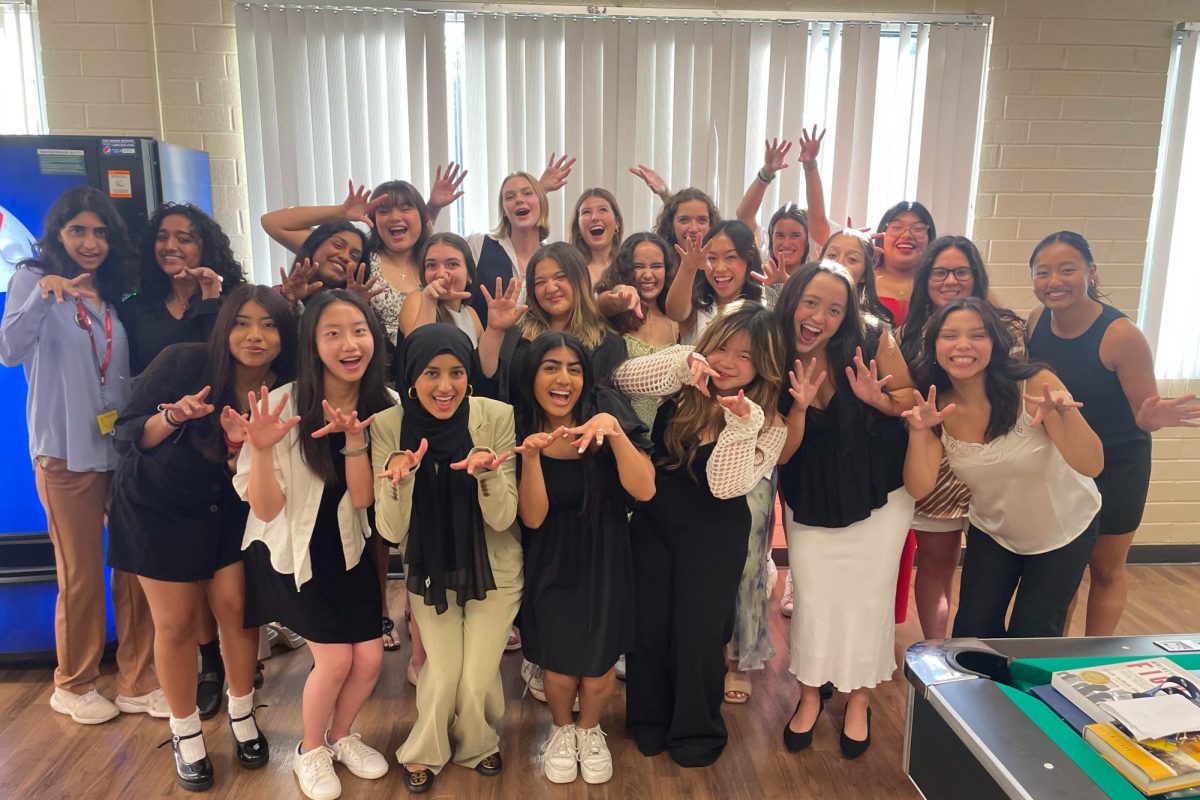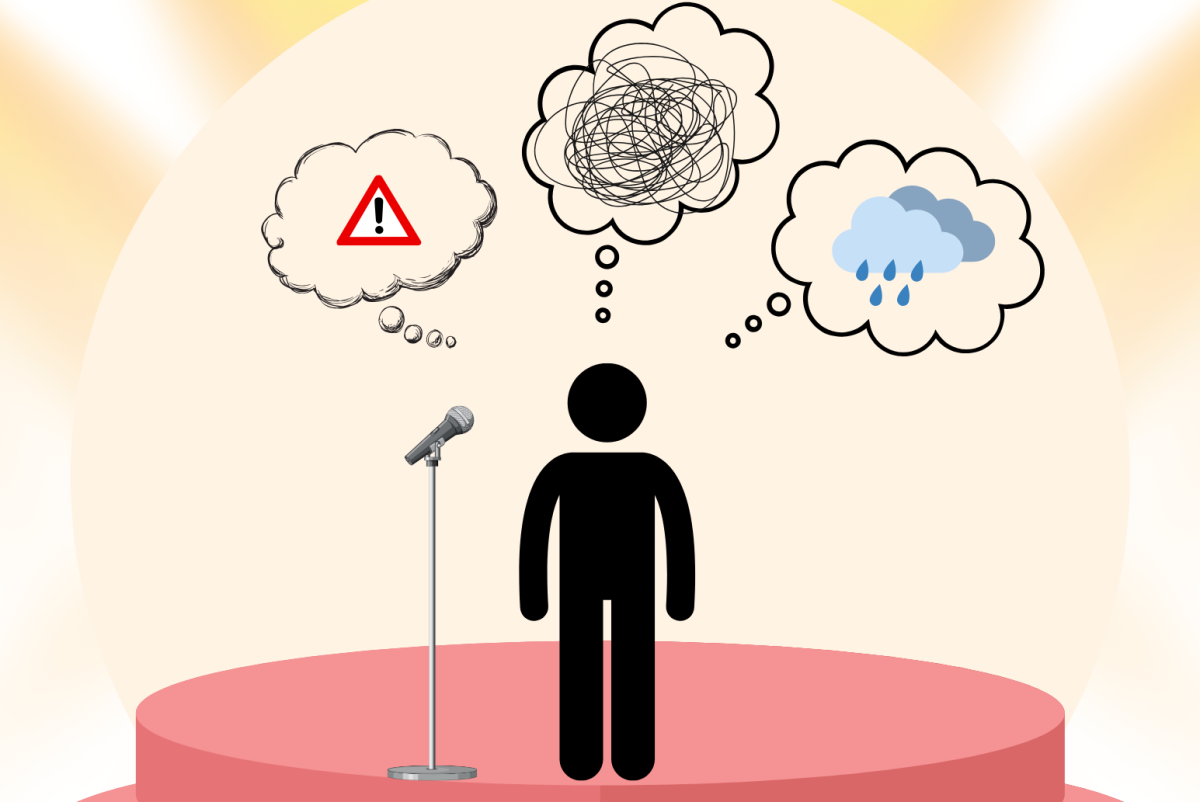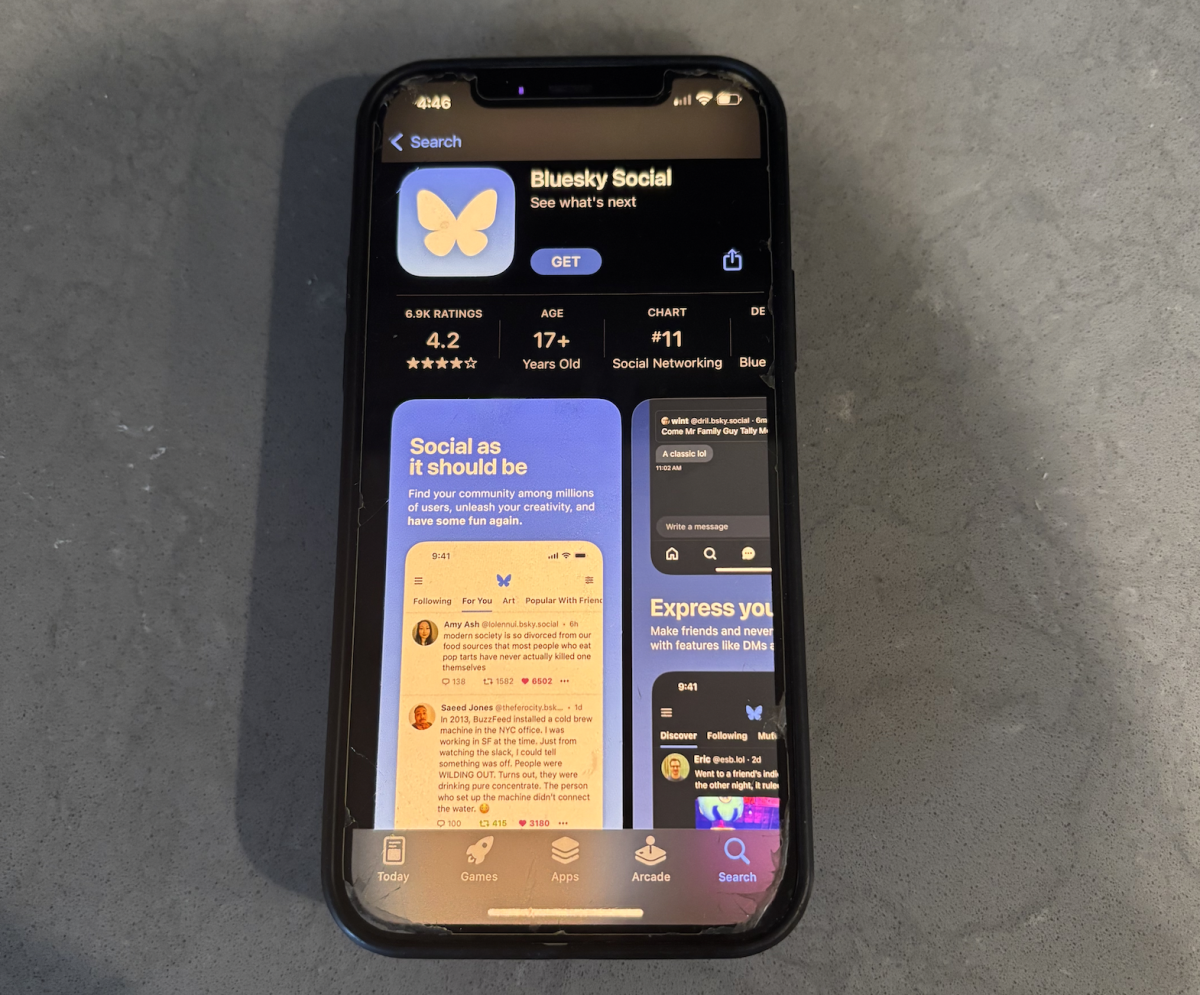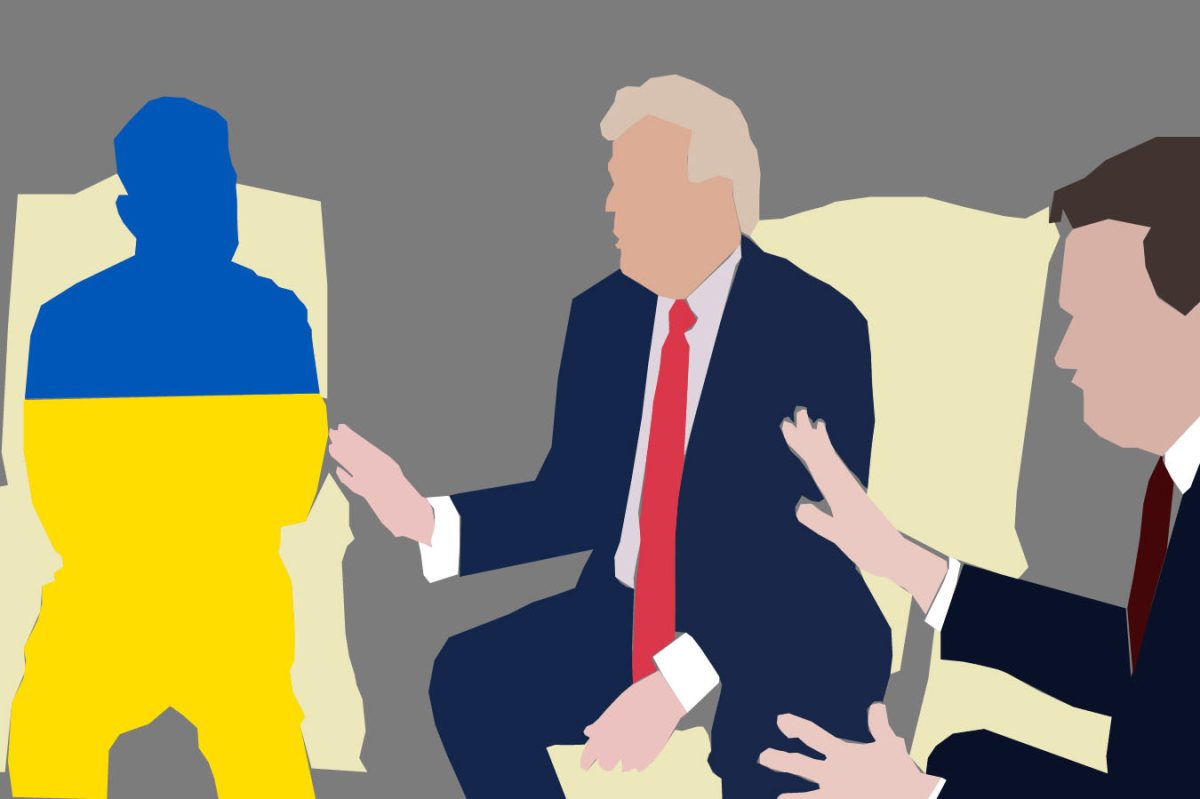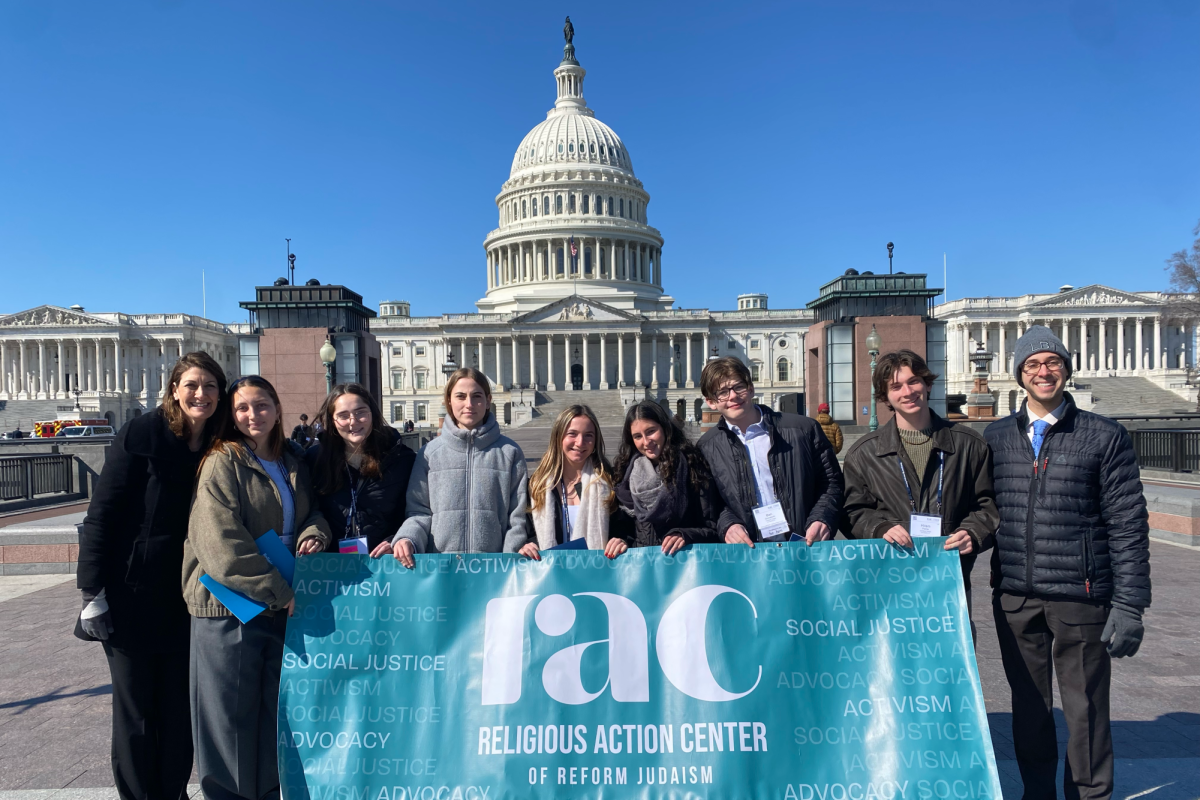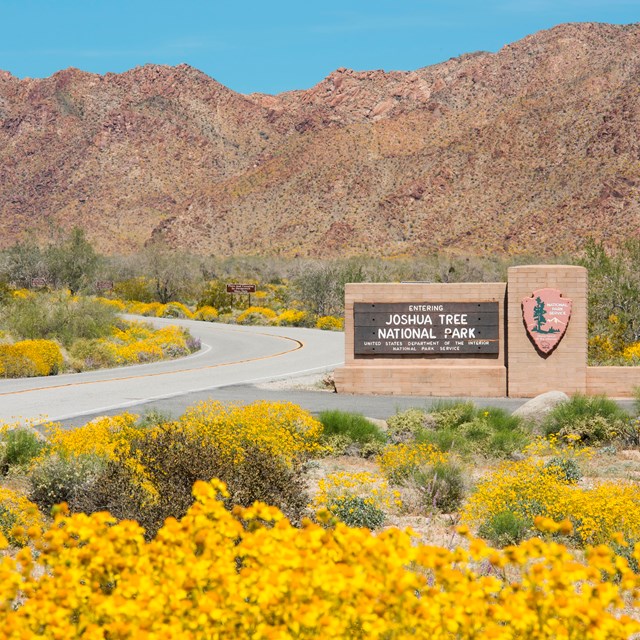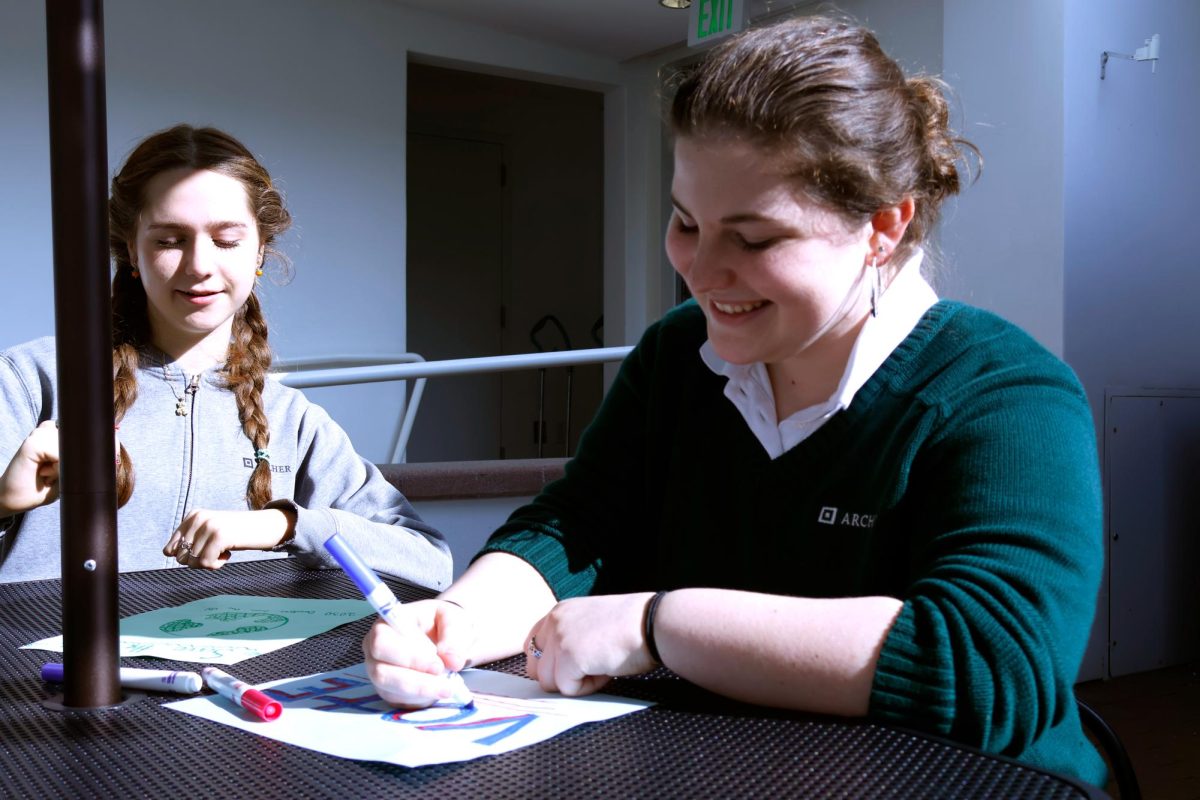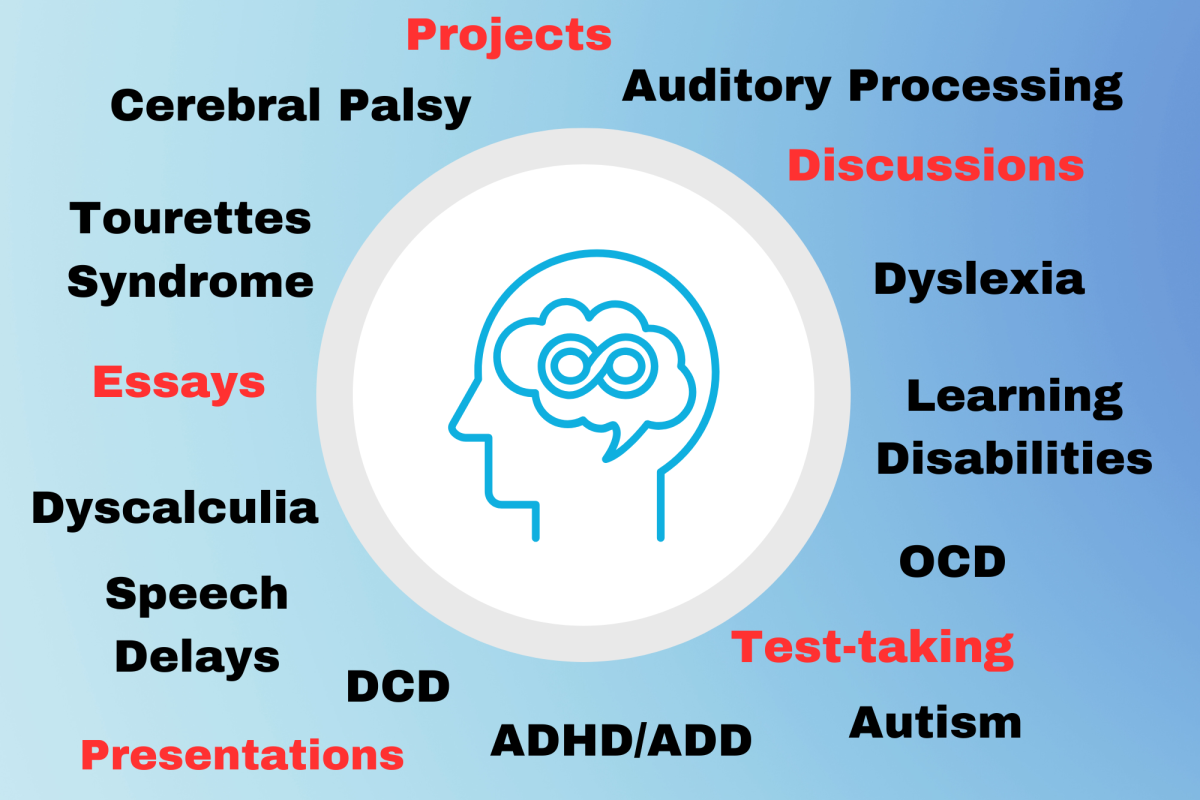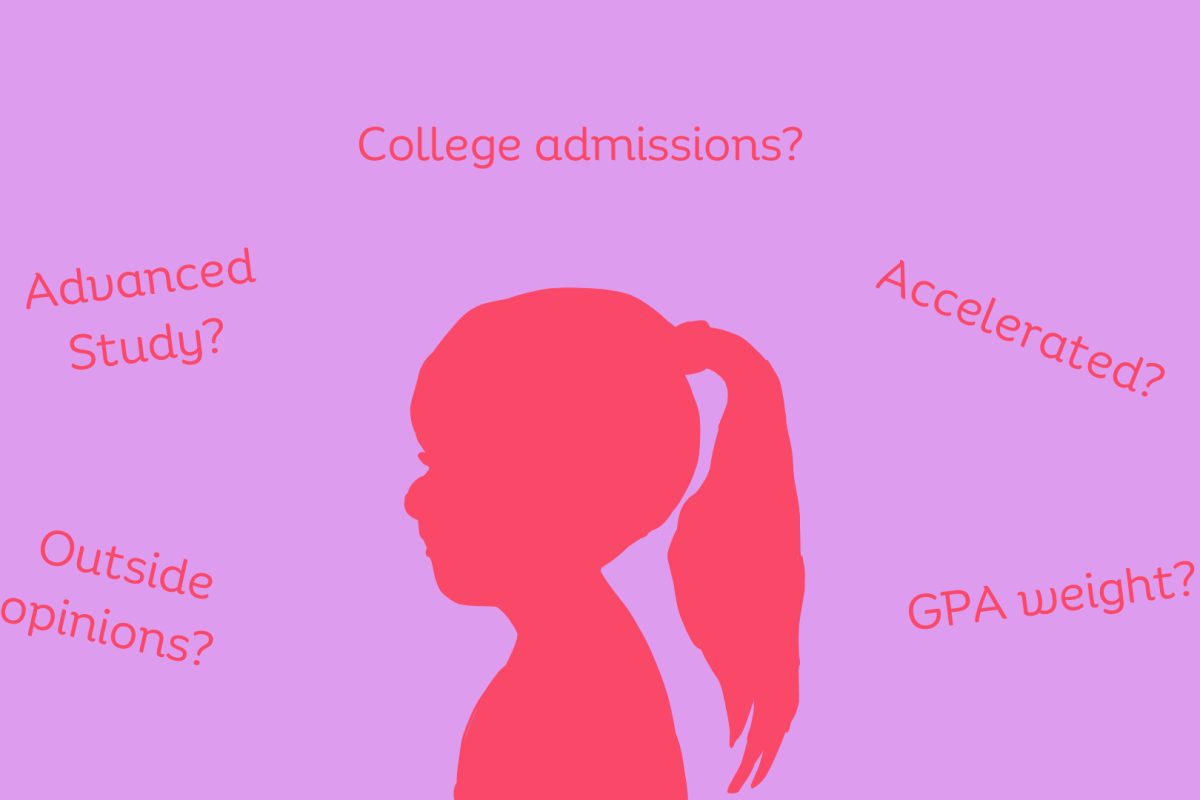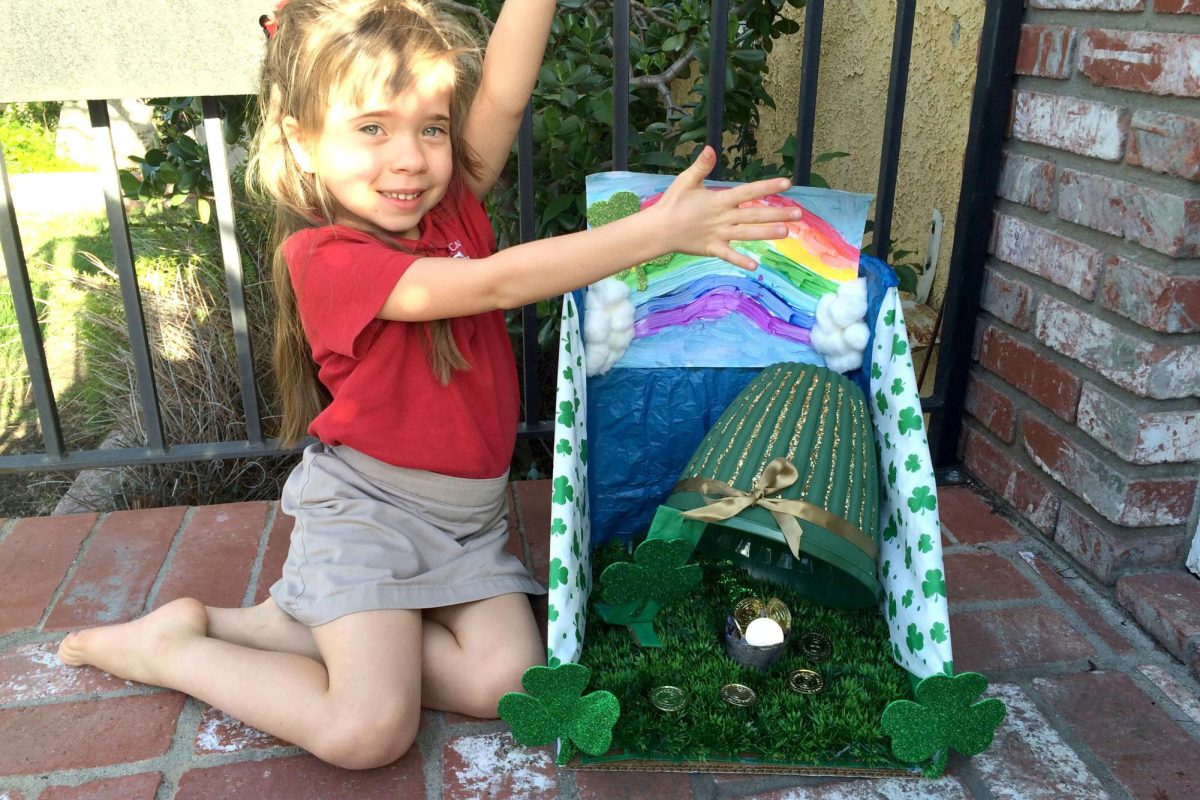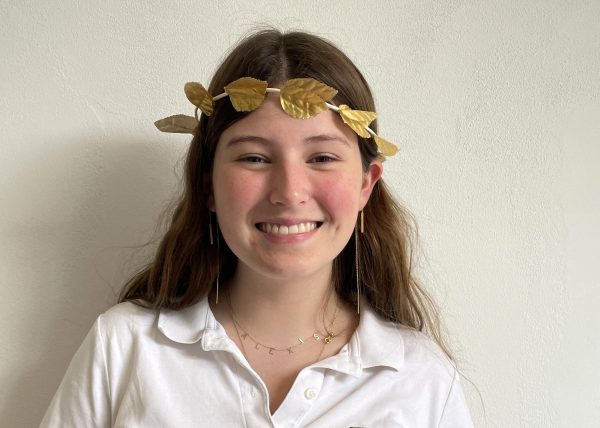Where can you find 500 female high school juniors from all over California creating their own mock government? California Girls State, that’s where.
Over the week of June 26 – July 1, I attended Girls State, a program fully funded and run by volunteers of the American Legion Auxillary National, in Sacramento.
When I first arrived, I was immediately sorted into a “city,” my main group of people — which was part of a county — and a party, either the Nationalists or the Federalists. Beginning the very first day, attendees could run for positions, either on the city, county, party or state level, and the girls who were elected immediately got to work creating a mock government for our state: Girls State.
We had a whole state senate and assembly who worked to pass the laws we had written before attending the program. We also had a Supreme Court and attorney general, who participated in a moot court in front of all 500 girls debating the lawfulness of a graduation speaker opening with a prayer at a public high school. By the end of the week, we were a real, functioning government.
Not only did this experience provide us all with real-world experience in government and politics, but it also provided many opportunities for debate, both in an unstructured and structured way.
During the week, all 500 girls were given one 2-hour block to debate topics ranging from voting policy to immigration to gun control. In small groups, we discussed the minimal requirements for gun ownership (only a $25 firearm safety certificate is needed with minor background checks), and how we can lobby for an increased education budget.
One of the most interesting discussions I joined that day was regarding voting policy. It was a small group, only five or six of us, but I still think about the moral dilemmas it brought up to this day. We discussed the policy on felons voting and how it differs across the United States. One of the girls in my small group questioned, “Should it depend on the crime, and, if so, where do we draw the limit?”
This question is so hard to answer because there is no solid line. It’s really got my mind spinning, so much so that I am planning to write my Ethics and Social Justice research paper on it.
I’ve always believed that debate amongst peers is one of the most important and gratifying experiences. As a politically active youth, I often debate politics with my family and family friends, but rarely with people my age. Having such an opportunity to debate with my peers added nuance to the topics debated, as we have more shared experiences on these topics and different perspectives than those in other generations.
For example, my perspective on gun control, as well as that of all school-aged people, may be different than that of those who graduated from school many years ago.
Another valuable aspect of this experience was that I was debating with people from all over the state: people from big towns and small towns; people from more tech-centric areas to farm towns; people from very liberal cities to very conservative ones; people with first-hand experience with these topics and people who were looking on as an outsider.
Just in my city group of 30 girls, I was accompanied by incredible young women. One of my citymates had just come from Washington D.C., where she was working with Nancy Pelosi, and another had previously spoken on the California State Senate floor about action that could be taken against Fentanyl (it’s no surprise we won “Model City,” aka best city). These girls all had such vast life experiences and depths of knowledge on specific topics. Getting the opportunity to learn from them has made me a more aware, more knowledgeable and more nuanced thinker.
However, I know not everybody has this opportunity to attend a program where this type of debate is made accessible.
So I encourage you to get involved in political debate. Sit down at your lunch table and discuss the election, gun control, education inequity or even the Inflation Reduction Act with your peers. Engage in discussion in your history class or interact with political columns like this. You never know the benefits you can gain from this type of discussion: the insights you can learn, the nuances you can gain and the friendships you can form on the basis of intellectual agreement.



